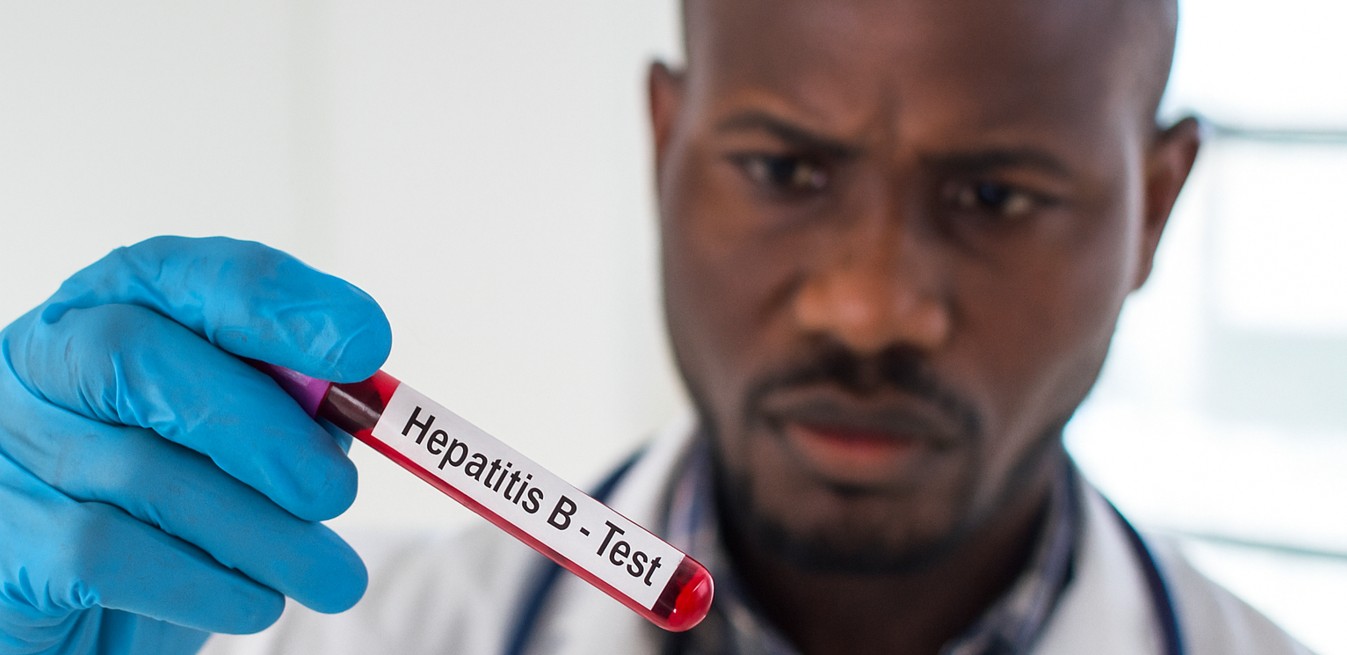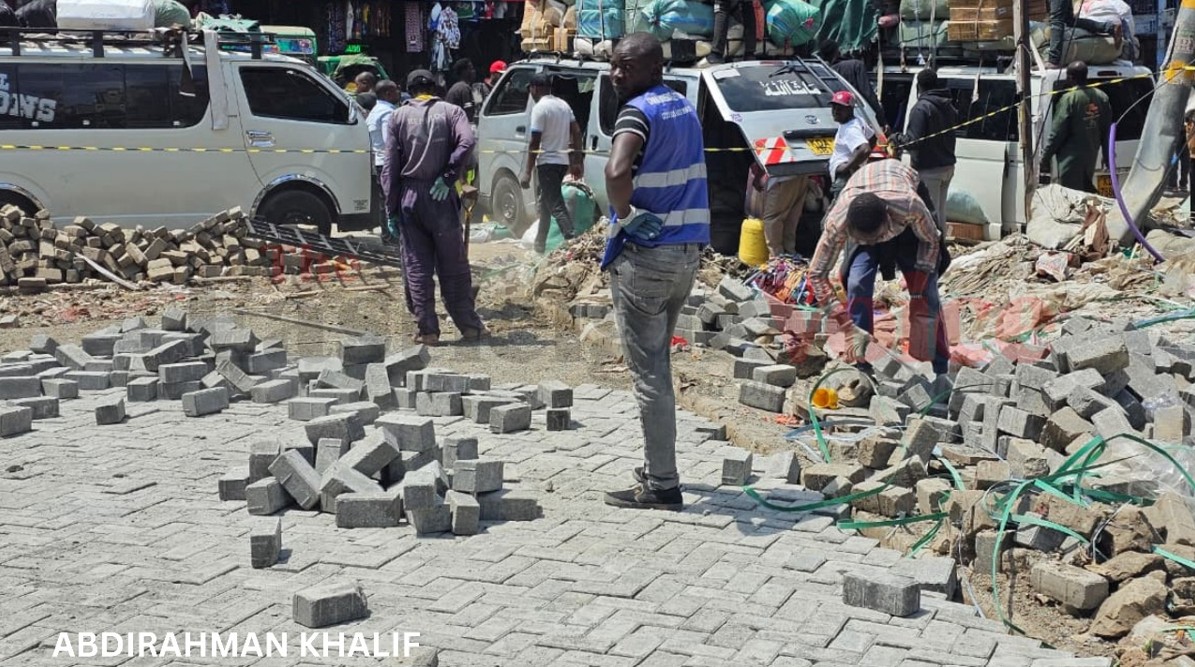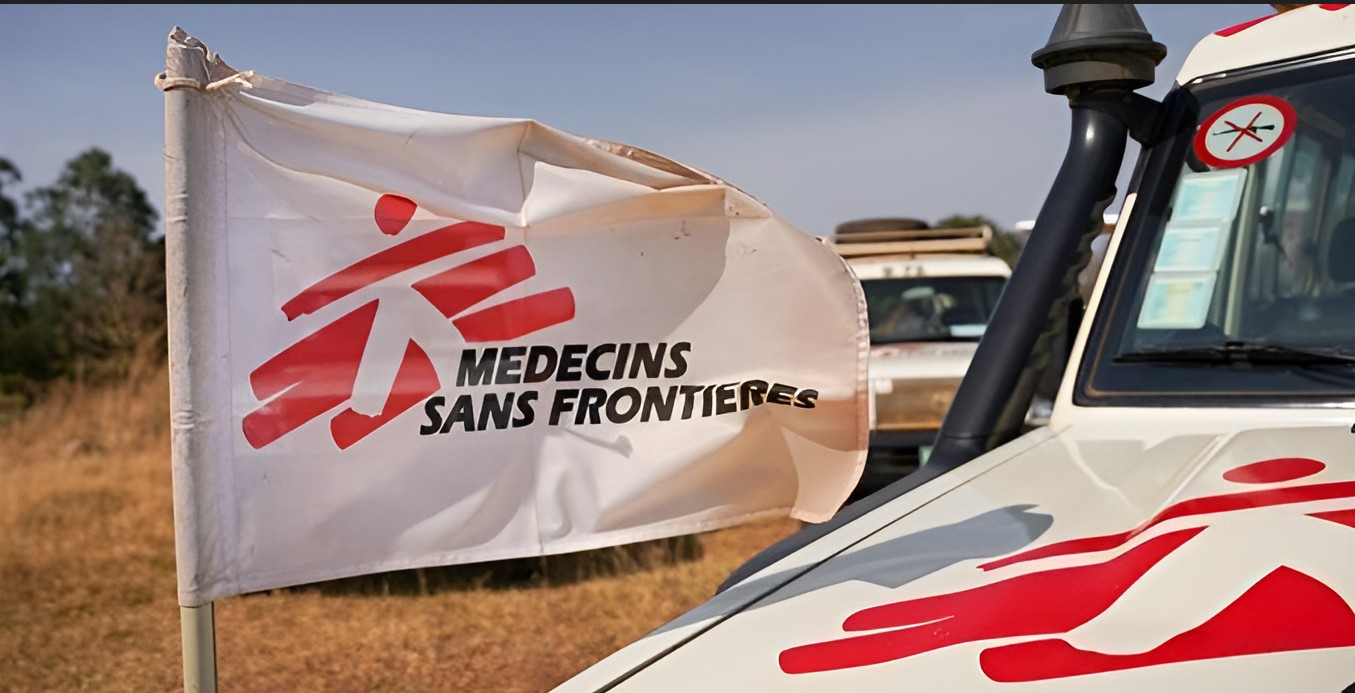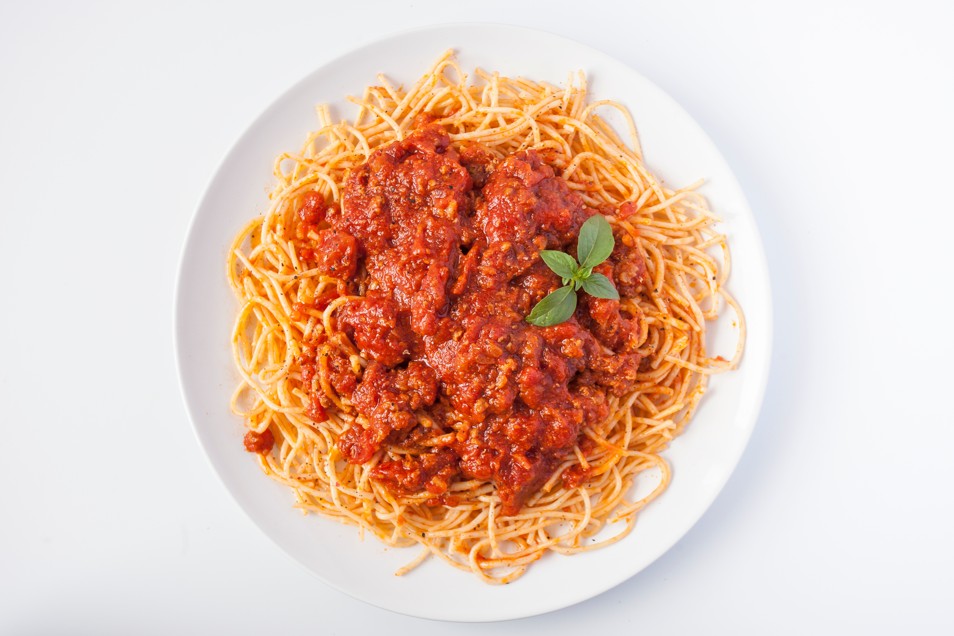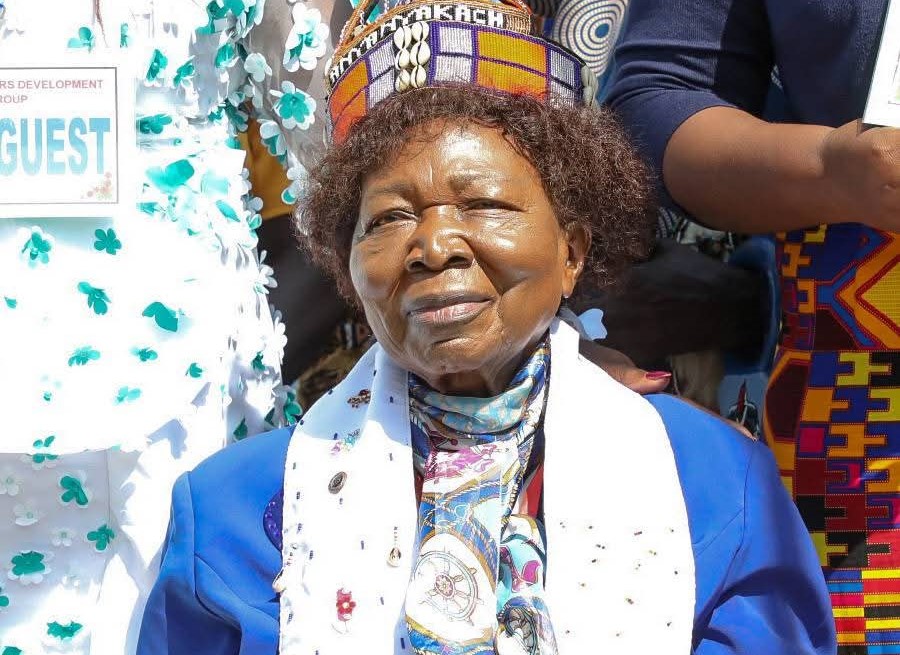Kenya's public health at risk as falsified and substandard medicines accelerate antimicrobial resistance
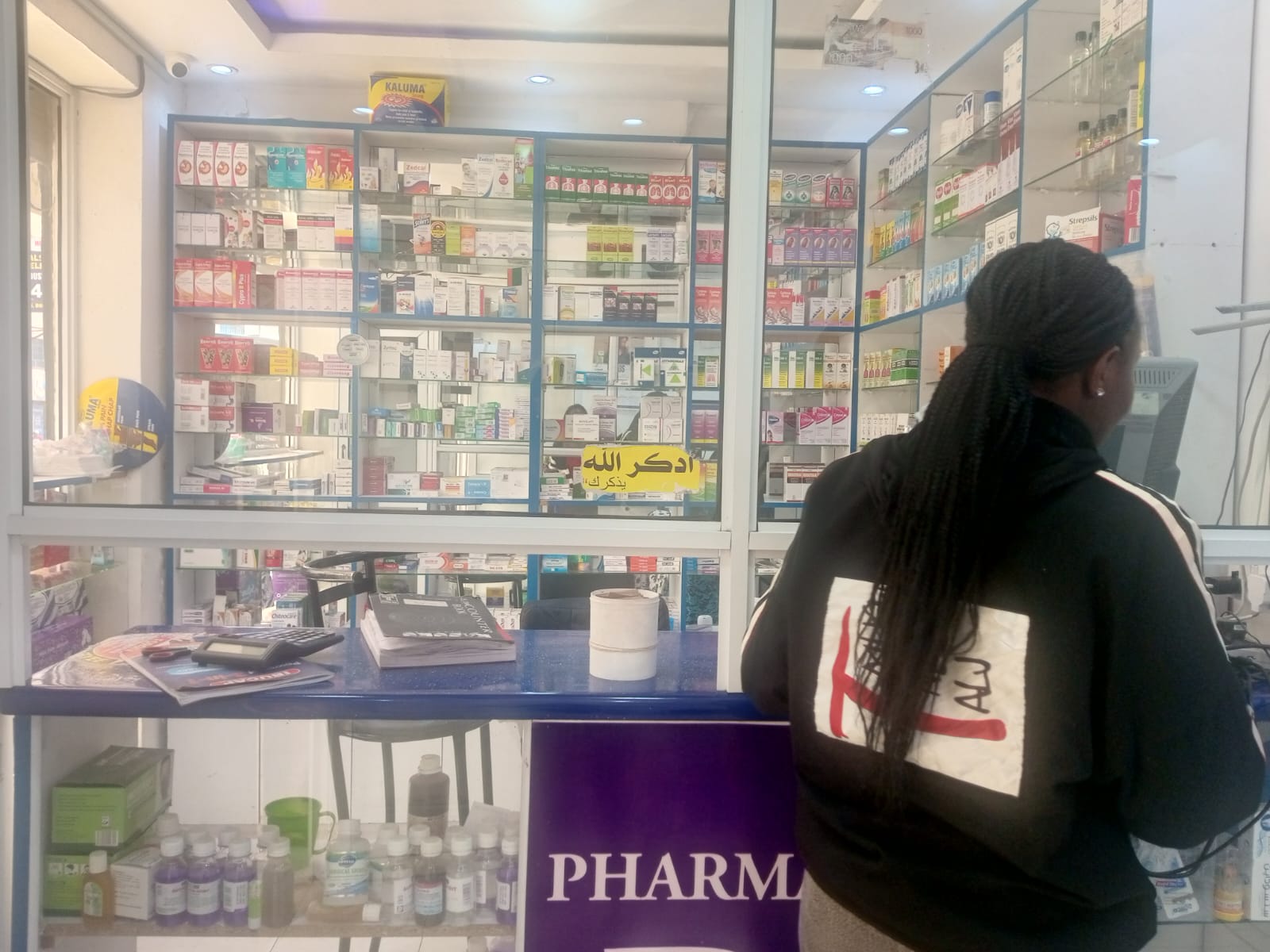
A recent review revealed that nearly 38 per cent of common antibiotics like amoxicillin and co-trimoxazole tested in Kenya failed quality checks, posing a serious public health risk given their widespread prescription for children and common infections.
Kenya is facing a deepening public health crisis as the proliferation of falsified and substandard medicines is significantly contributing to the alarming rise of antimicrobial resistance (AMR).
This silent epidemic, where once-treatable infections become impervious to drugs, poses a grave threat to the nation and the world.
More To Read
- Kenya launches 10-day vaccination drive to curb typhoid, measles outbreaks among children
- Kenya goes digital in healthcare to fight fraud, counterfeit drugs
- 30 per cent of medicines in Africa are fake - report
- Clean hands, safe bites: Why everyday food habits matter more than you think
- Fake goods flood Kenyan online market, costing economy Sh800 billion annually
- Senators demand urgent Ministry of Health action on child deaths from drug-resistant infections
A new report by the World Health Organisation (WHO) reveals that roughly one in 10 medicines circulating in regions like Kenya are either fake or substandard.
This shocking statistic directly compromises the treatment of common infectious diseases such as pneumonia, malaria, and tuberculosis, leading to prolonged illness, increased mortality, and higher healthcare costs. Crucially, these poor-quality drugs also accelerate the spread of AMR.
Falsified medicines are deliberate misrepresentations of their identity, composition, or origin, often containing incorrect ingredients or dosages, or even no active ingredient.
Substandard medicines, while authorised, fail to meet quality standards due to issues in manufacturing, storage, or distribution. Both are dangerous pathways to treatment failure and the development of drug-resistant pathogens.
In a direct response to the escalating AMR burden, Kenya has for the first time introduced routine typhoid vaccination for children.
Health Cabinet Secretary Aden Duale highlighted a troubling increase in antimicrobial-resistant typhoid, particularly among children under 15, with those under five facing the highest risk of death.
Duale also pointed to climate change and rapid urbanisation as key drivers accelerating the spread of these resistant infections.
The flood of fakes
The crisis is compounded by a surge in counterfeit cancer drugs and pediatric medicines. Investigations have uncovered fake versions of vital cancer treatments like Herceptin (Trastuzumab) with falsified packaging and ingredients.
Other dangerous fakes include tainted cough syrups, contaminated antibiotics such as Augmentin, and even chemotherapy drugs found to contain toxic substances.
Estimates suggest that counterfeit and substandard medicines now constitute as much as 30 per cent of Kenya’s approximately Sh15 billion pharmaceutical market. These inferior drugs often contain little to no active ingredients or, even worse, harmful contaminants.
The global scale of AMR is equally alarming. A major 2025 study revealed that over 3 million children died from AMR-related infections in 2022 alone. Africa, with 659,000 deaths, and South-East Asia, with 752,000 deaths, bore the highest tolls. A staggering 2 million of these deaths were linked to the misuse of "Watch and Reserve" antibiotics – potent drugs meant for severe or last-resort infections.
Between 2019 and 2021, antibiotic use surged by 126 per cent in Africa, and Reserve antibiotic use rose by 125 per cent, highlighting a dangerous trend that underscores the urgent need for stronger medicine quality regulation and improved access to safe drugs.
A systematic review published in November 2024, focusing on East African countries including Kenya, Uganda, Rwanda, and Ethiopia, painted a troubling picture.
Titled “Substandard and falsified antimicrobials in selected East African countries: A systematic review,” the study found that over one in five (22.6 per cent) of the 669 antimicrobial samples reviewed failed at least one quality test.
Worryingly, nearly 38 per cent of common antibiotics like amoxicillin and co-trimoxazole tested in Kenya failed quality checks, posing a serious public health risk given their widespread prescription for children and common infections.
These quality failures, ranging from insufficient active ingredients to poor dissolution rates, directly fuel the AMR crisis. When bacteria are exposed to inadequate drug doses, they adapt and develop resistance, rendering future treatments ineffective.
How fake antibiotics fuel resistance
Weakened Potency: Fake drugs often contain insufficient or no active ingredients, allowing the strongest bacteria to survive and multiply with new, resistant genetic mutations. This "training" of bacteria leads to resistance.
Treatment Failure & Misuse: Ineffective drugs lead to treatment failure, prompting patients to self-medicate with stronger or incorrect dosages, inadvertently accelerating resistance development.
Informal Market Risks: Unregulated informal markets, where fake drugs are prevalent, promote self-medication and misuse due to high healthcare costs and limited access to regulated clinics.
Agricultural & Environmental Contamination: Fake antibiotics in animal agriculture contribute to resistant bacteria in livestock, which can then transfer to humans through food or contaminated environments. Improper disposal of these ineffective medicines also creates reservoirs of resistant bacteria in soil and water.
The Pharmacy and Poisons Board (PPB) has strengthened its fight against AMR with targeted measures. These include introducing Pillscan devices at entry points to detect fake medicines and stepping up enforcement, leading to the closure of over 100 illegal pharmacies in the North Rift.
To monitor antibiotic use, the PPB has expanded the KESAC system, tracking supply and prescription patterns nationwide.
The Board has also enhanced post-market surveillance and promoted a public verification code system to help identify licensed pharmacies. These ongoing efforts are crucial in curbing the spread of poor-quality drugs and promoting responsible antimicrobial use across Kenya.
Top Stories Today
